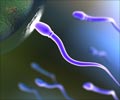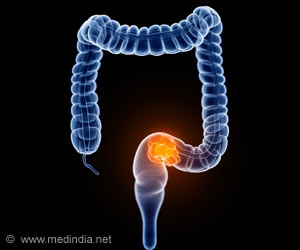A recent research suggests that fathers are less likely to die of heart-related problems when compared those who have not fathered a child.

Recent research suggests that fathers are less likely to die of heart-related problems when compared with those who have not fathered a child. The study was conducted by the AARP (formerly the American Association of Retired Persons), in liaison with the US government and several American universities.
Michael Eisenberg, Stanford University urologist and fertility specialist who was at the helm of the study says "There is emerging evidence that male infertility is a window into a man's later health. Maybe it's telling us that something else is involved in their inability to have kids."
The study involved 138,000 men and is the largest ever study that has been conducted on male fertility and mortality. It included only married men who, possibly, had more intent in fathering a child. The findings of this research have been published online in the journal Human Reproduction.
Despite the fact that the study could not detect a link between fatherhood and mortality it is easy to concede that fathering a child also involves good genes, including that of a healthy heart. Another recent study conducted on 600 men, by a group of researchers in the Philippines, found that the levels of the male hormone testosterone dropped drastically after a man becomes a dad. If that was the case, infertility in men (which indicated low testosterone levels to begin with) possibly reflected deeper health issues. It must be noted that low testosterone levels are associated with lower levels of HDL or the "good cholesterol,” and this can increase the risks of heart disease.
The present study found no difference in the death rate between fathers and the childless but were able to deduce that the former were 17 percent less likely to die of cardiovascular causes than the latter.
Based on this study, it is highly unlikely that a cardiologist would recommend “fathering a child” as a measure to tackle heart diseases! The study can at best be described as a wild shot in the dark, which probably lends support to a widely acknowledged fact.









